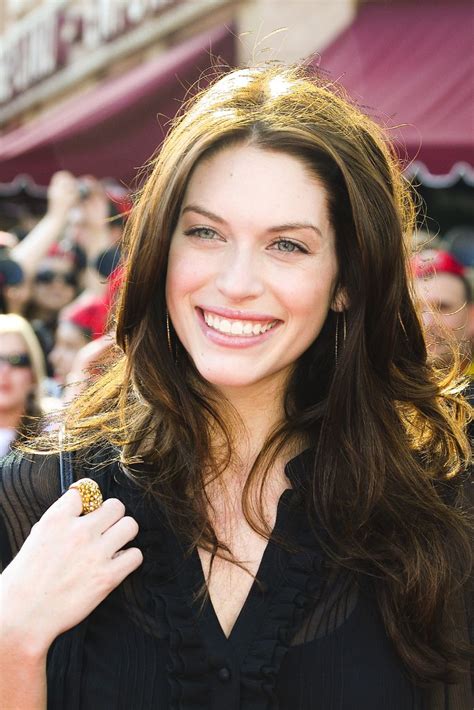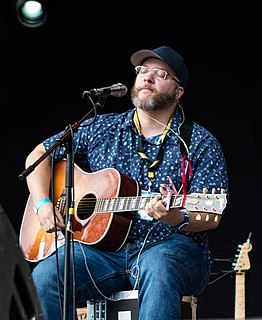A Quote by Kim Smith
Dialogue saves me. I love writing the conversations between my paper people. For some reason, that is the easiest thing for me. It's like I am a transcriptionist for the voices in my head. I can hear them talking (mentally) and have a gift for getting it on the page.
Related Quotes
I love writing but hate starting. The page is awfully white, and it says, 'You may have fooled some of the people some of the time, but those days are over, giftless. I'm not your agent, and I'm not your mommy; I'm a white piece of paper. You wanna dance with me?' and I really, really don't. I'll go peaceable-like.
I love writing but hate starting. The page is awfully white and it says, "You may have fooled some of the people some of the time but those days are over, giftless. I'm not your agent and I'm not your mommy, I'm a white piece of paper, you wanna dance with me?" and I really, really don't. I'll go peaceable-like.
For the most part, my characters don't talk to me. I like to lord over them like some kind of benevolent deity. And, for the most part, my characters go along with it. I write intense character sketches and long, play-like conversations between me and them, but they stay out of the book writing itself.
As for the differences between audio and the printed page, the sonic aspects of poetry are important to me. I read my poems aloud to myself as I'm composing them. And I enjoy reading to an audience. I think people get tone more easily when they hear a writer read her work. Some people have told me they hear more humor in my poems at a live reading than when they see them on the page. I think that may be a matter of pacing. On the other hand, I've listened to a lot of poetry readings and I know how much you can miss. If you stop to really register one line, you miss the next three or so.
As for not getting things right: I constantly rerun social situations/conversations I experience/have throughout my head, and I'm always writing them down in notebooks or in word documents/the Internet. I feel like these habits and a generally good memory of people/the interactions I have with them (due to studying people having always been my main interest in life) have lead me to being very accurate in things I write in stories/essays.
When I first started writing plays I couldn't write good dialogue because I didn't respect how black people talked. I thought that in order to make art out of their dialogue I had to change it, make it into something different. Once I learned to value and respect my characters, I could really hear them. I let them start talking.
I am interested in struggle - between our hearts and our head, between principle and desire - and one of those struggles is with mortality; and no one at all is immune to it, which makes it even more interesting to me. Some people fall in love, some don't. Some sky dive, some don't. Everyone who lives, ages.



































